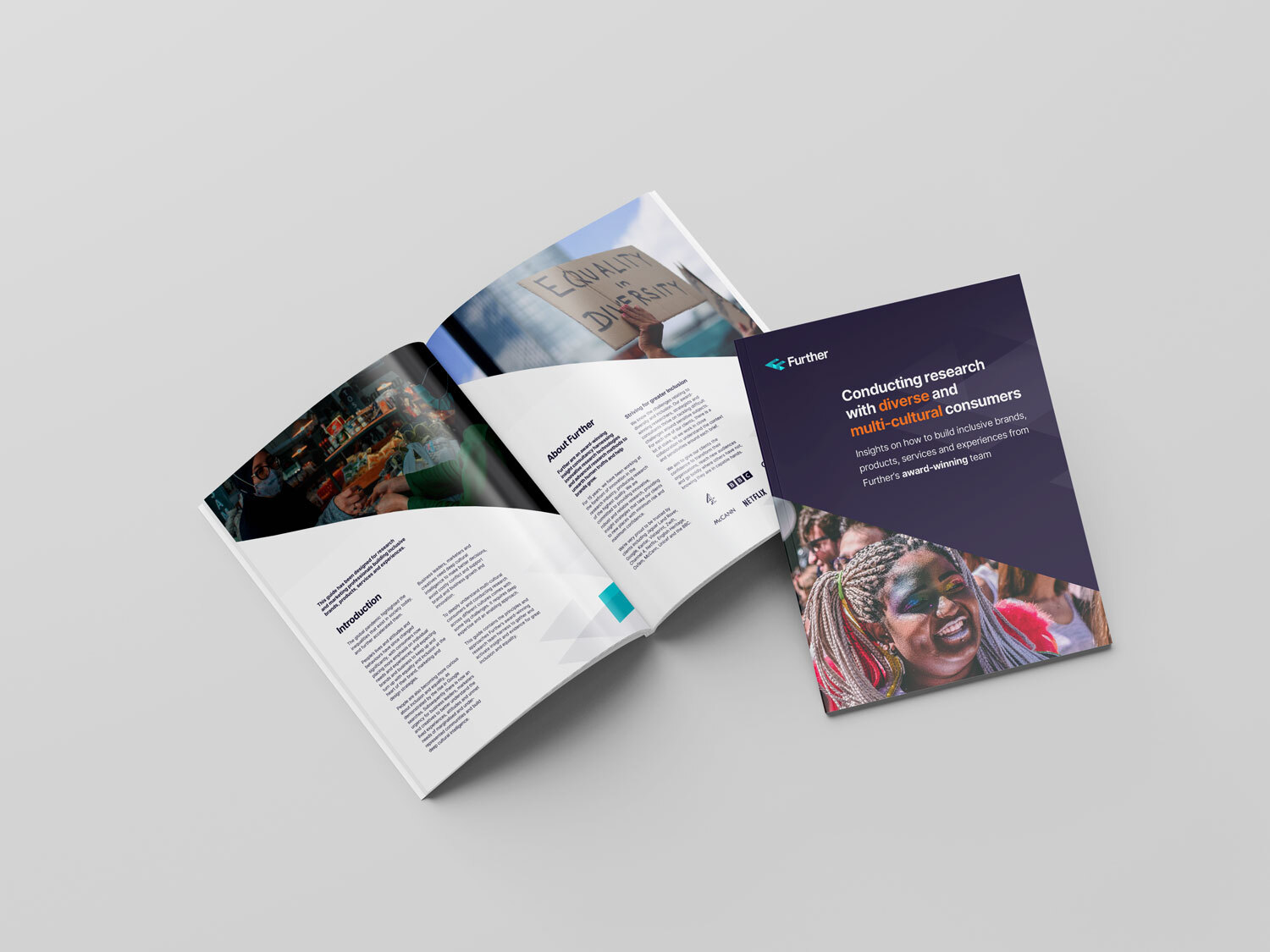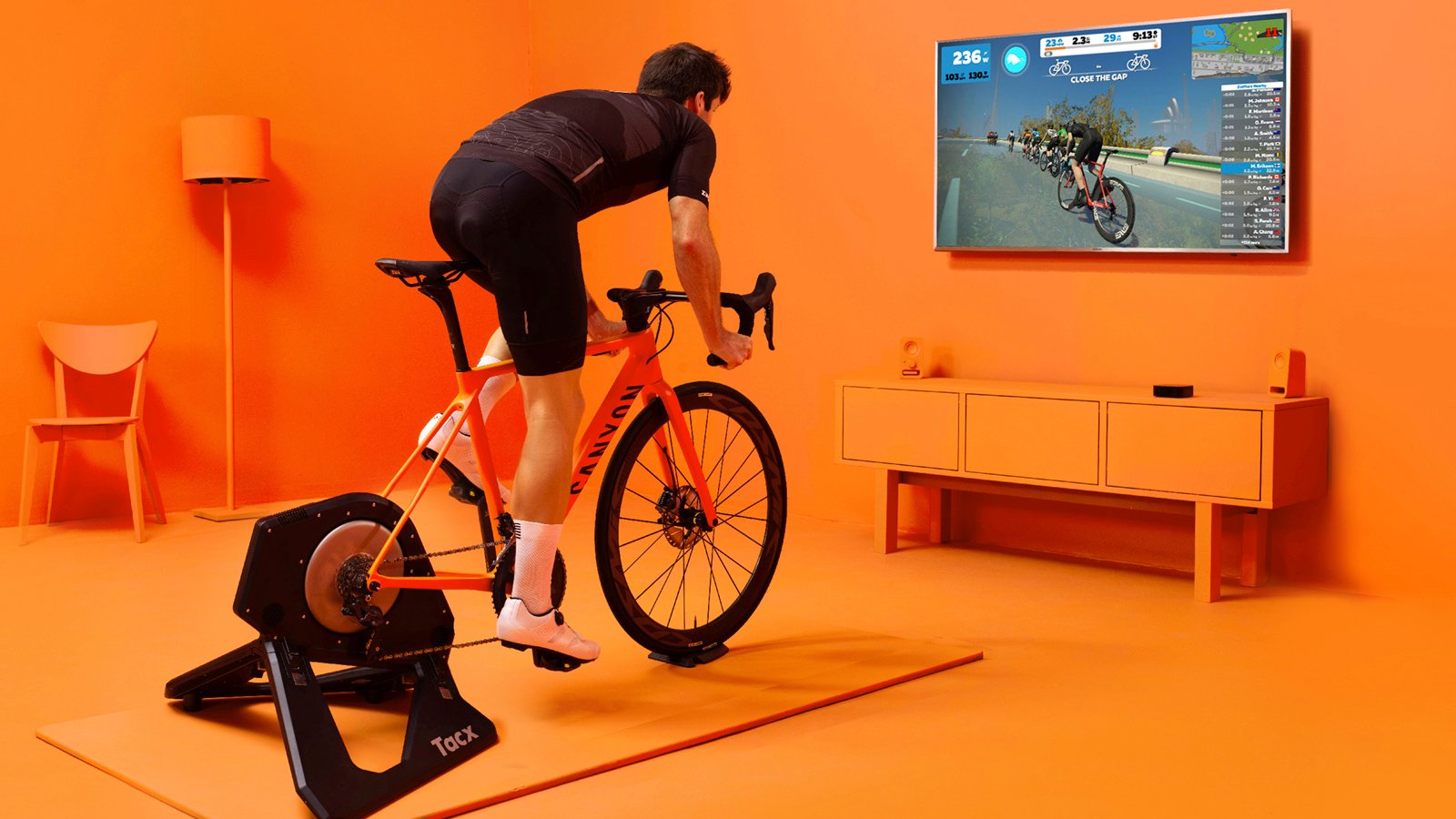Researchers have been using mobile devices to capture data and engage participants for a number of years now, with the initial buzz dying down somewhat. Here at Further we felt this was an ideal time to reflect on what we’ve learned so far from listening to and working with our clients, and share with you some of the key learnings.
1. It’s Still A Mashup Out There
Despite massive technology advancements and accelerated innovation, there’s still an awful lot of different mobile devices, operating systems, screen sizes, browsers and connection speeds to deal with. This just makes it harder for us - the tech providers - and you - the researchers and moderators - when it comes to designing the right solution and engaging your participants. It’s not getting any easier! All of these things need to be factored into the equation when developing an approach.
2. Both Mobile Web and Mobile Apps Are Good
If you’ve been charged with designing a mobile research project, or even a online research community, you’re going to need some tech to support it. You’ll soon realise there are two varieties being pushed at you - native mobile apps and mobile browser-based solutions. Each has it’s strengths and weaknesses, and in some case varying pricing structures and setup times.
Apps are good for off-line working and push messaging, but might take longer to setup and be charged at a higher rate due to the investment in developing the technology. Mobile browser-based solutions are good because:
- The participant doesn't have to download anything
- You can access a wider pool of consumers, nationally and internationally
- They support hybrid approaches to project design whereby you want to combine desktop and mobile data capture and engagement seamlessly
- Photo and video uploads are no longer a barrier thanks to big leaps in mobile browser technology
3. When To Adopt Mobile Research Tools
i) When you want to engage consumers quickly. Due to the fact that most consumers carry their phones with them at all times of day, it’s more likely you’ll reach them in an instant and be able to capture their experiences, thinking and emotions in-the-moment.
ii) When you want to be there in-the-moment. Researchers can’t be alongside consumers all day every day. Consumers can’t be in facilities all day every day. But mobile phones go everywhere with consumers, night and day it seems. So if you want capture the experience as it happens, or hear consumers’ emotional response right there and then in the most natural way then there’s no better way to do this than with a mobile device.
iii) For unscheduled activities. Clearly one of the benefits of having a mobile phone or tablet in your back pocket or bag is that you can pull it out and use it at any time. For researchers this means you can capture information that doesn’t relate to a structured or timed activity. An example of this would be a triggered activity, ie where participants document and share their experiences each time they visit a certain place or pass a billboard.
iv) To capture rituals, routines and habits. Mobile research tools are great when you want to conduct ethnographic exercises and observe humans in their natural habitat. It’s unobtrusive and the mobile is omnipresent.
v) When context is important. Context is everything to the qual researcher, so with the right mobile research tools you’ve got the ability to see who people were with, where they are and what they are doing in full technicolour glory.
.webp?width=635&name=b5d88c5624fb5f42c94e57f2a0f2491c_small%20(1).webp)
4. The Benefits of Mobile Research Tools
Some of the benefits are already shining through in the previous section, and in addition to the obvious ones like speed, reach, immediacy etc, there are a few more. These include:
i) Accuracy. When you’ve captured evidence (pictures, videos and reports) of the experience, it’s going to be much more accurate than relying on recall. After all, we’re lousy witnesses of our own behaviour.
ii) Convenience. Picking up a mobile and posting is now much more convenient than finding a desk and sitting down with your laptop, which is in turn much more convenient that arriving at a facility. And to the younger generation, mobile is the preferred channel always.
iii) Fun and enjoyment. Due to the fact that they don’t have to go out of their way to take part, consumers like being involved and sharing moments via their mobiles. They love interactions with their friends that way, so we’re just mimicking it right. The fun aspect results in less dropout and thus less risk.
5. Things You Might Not Have Thought About
i) Beware the short-form response. Expect to capture much shorter responses from participants, and to have to probe more to get to what you want. Smaller screens, tiny buttons all result in this behaviour.
ii) Instructions, instructions, instructions. They need to be exacting, concise, and there’s no harm in spelling out exactly what you want, and that you need this activity to be conducted on mobile rather than on a desktop. Since the interface is smaller, there’s less room to do clever design stuff so you’ll have to make your words work harder.
iii) People love to pose! Expect to get some posturing, especially from the Facebook generation. They love it, researchers don’t!
6. Further’s Top Recommendation
Of all the things we’ve heard and gleaned from our clients, the number one most prevalent piece of advice is to combine desktop and mobile activities as part of a hybrid approach. It’s what works best. Participants enjoy the variation and for the researcher, it combines reflective and instantaneous response which paint a fuller picture of what’s actually going on.
To find out more about mobile research tools, download our essential guide to mobile ethnography.





















%20(1).webp)

.webp)

%20(1).webp)

.webp)

.webp)
.webp)
.webp)
.webp)

.webp)
.webp)
.webp)
.webp)